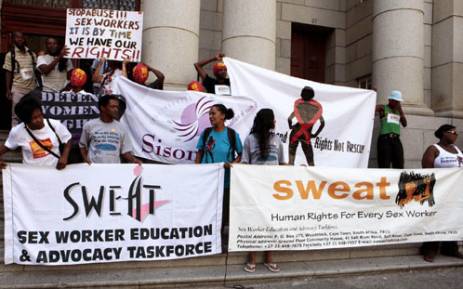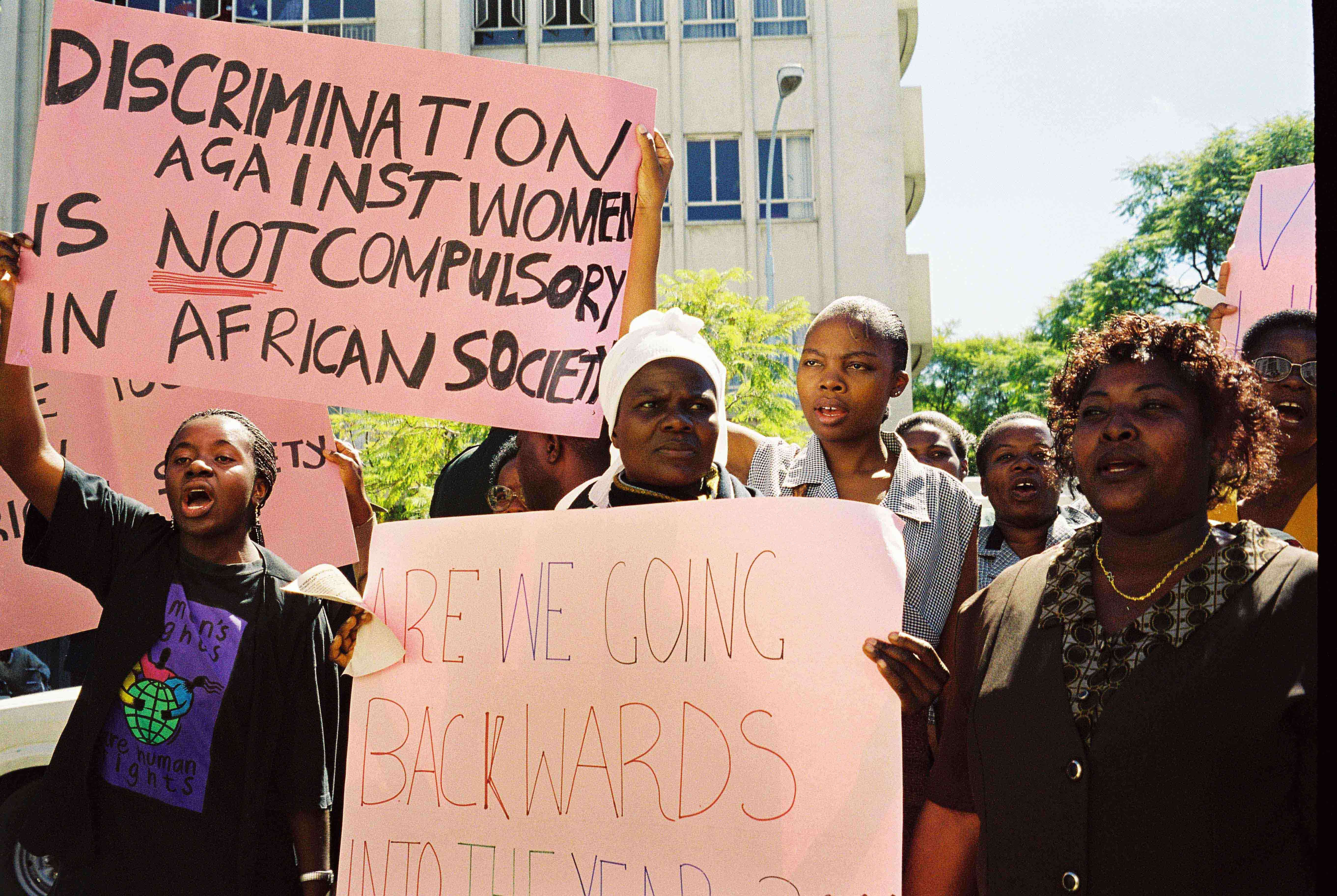On Wednesday, 22 April 2009, South Africans will head for the polls to cast their democratic vote for the fourth time. With a flurry of pre-election activities: from increased campaigning and media coverage to some comic relief from the likes of Evita Bezuidenhout’s Elections and Erections. Of course when raising the issue of elections and sex work one can expect sexual innuendos like this to flourish. However sex workers across the world have engaged with election processes.
In the run up to elections in the USA last year, sex workers started an election awareness campaign called: “Grind the vote”. This campaign was spearheaded by SPREAD, a magazine by sex workers for sex workers. It raised a list of issues, concerns and demands by sex workers, analysed various political parties’ manifestoes and embarked on extensive voter education with sex workers across the country.
Similarly Indonesia held their elections on 9 April. According to an AFP article, Indonesia has about 170 million voters eligible and over 38 parties to choose from. What has all of this got to do with sex work? Approximately 50 sex workers were trained by election officials to do voter education with other sex workers and clients. This was in an attempt to engage hard to reach groups in the election process. Interestingly no mention was made of sex workers’ rights or the various political parties’ position on sex work.
In Kolkata, India sex workers attempted to respond to the elections holistically. They lobbied for sex workers to be involved in the election process and they used the opportunity to highlight sex worker demands to political parties and society at large. Durbar Mahila Samanya Committee (DMSC), boasting a membership of 65000 sex workers, approached the chief electoral officer to create the space for sex worker involvement. Six sex workers in this region will be working at polling booths during the elections. The DMSC heralds this as a step in the right direction in recognising sex workers as equal citizens. In addition the DSMC have been demanding, from political parties, that sex work be seen as work. Sex workers have placed a charter of demands before each political party in the region.
Meanwhile in South Africa earlier this year 153 sex workers from 10 African countries converged at a sex worker conference held in Johannesburg. They released a statement demanding their governments honour the rights of sex workers.
When our governments are campaigning for our votes they say “vote for us and we will deliver “. We have voted but our governments have not delivered. We try to raise our voices about human rights violations that we face on a daily basis, no one listens. Once we have voted they forget us. From our government we need law reform and the decriminalisation of sex work so that we have the spaces to access our rights. We demand rights and not rescue.
In Cape Town, sex workers interrogated three of the main political parties on their position on decriminalising sex work. This took place at an event organised by the African Gender Institute of the University of Cape Town, The International Labour Research and Information Group (ILRIG) and the Gender Equity Unit of the University of the Western Cape. The focus of this event was to have an interactive discussion with different political parties on women’s rights, gender justice and their political manifestos. In preparing for this event sex workers met and agreed that they really would like political parties to be clear on their position on decriminalising sex work. Sex workers asked SWEAT to table their question at the event. The ANC representative stated that the ANC does not support sex work and seemed surprised by the audience’s negative response to her comments. The DA implied that they would support the criminalisation of the client. It was not clear if they would support the decriminalisation of the sex worker. The ID clearly stated that they support the decriminalisation of sex work.
(Photo Credit: EWN / Nardus Engelbrecht / SAPA)




